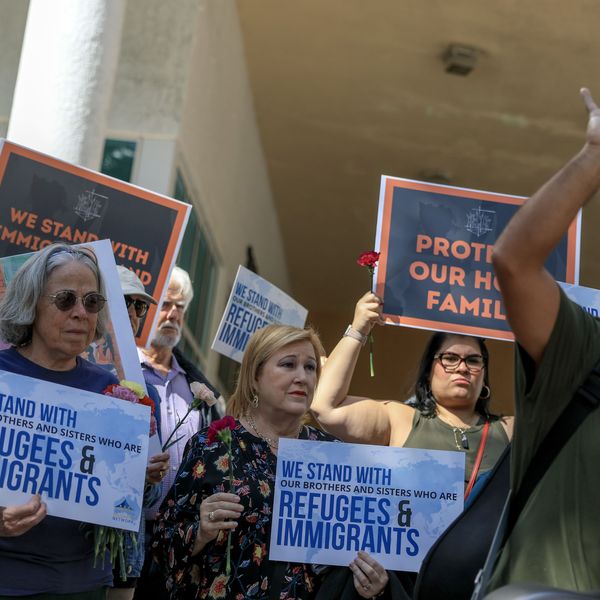The number of forcibly displaced people around the world has reached a 15-year high, according to the UN high commission for refugees (UNHCR), with the vast majority languishing in poor countries ill-equipped to cater to their needs.
The UNHCR's 2010 trends report estimated that there were 43.7 million refugees and people displaced within their country by events such as war and natural disasters at the end of last year. More than half of the total are children. The figure does not take into account the new wave of migration set in train by the upheaval of the Arab spring.
The figure breaks down into a global total of 15.4 million refugees, 27.5 million internally displaced people and a further 840,000 people waiting to be given refugee status.
The 48-page report also reveals that there has been a fall in the number of returning refugees to 197,600, the lowest in two decades. This has resulted in the number of long-term refugees in "protracted situations" making up almost half of the total of all refugees, the highest number for a decade.
The report puts the blame for this on "humanitarian crises and the political situation in a number of countries". However, there has been a slight dip in the total number of refugees worldwide on 2009 levels.
The agency has also estimated that there are 12 million stateless people around the world.
The main reason cited for the drop was the number of Afghans returning home. But after 30 years of almost continuous war, it is still the leading country of origin for refugees, generating 30% of the global total. Iraqis make up the second largest group with 1.7 million people.However over the last decade there has been a dramatic fall in the number of refugees from sub-Saharan Africa, falling by 1.2 million from the start of the millennium.
Developing countries host 80% of the world's refugee population. Pakistan leads the rankings with 1.9 million people, followed by Iran and Syria, who host more than a million. Germany is fourth with 600,000 with the UK coming in tenth with 238,000 registered refugees, 26,000 fewer than the US in 9th place.
UNHCR UK spokesman Mans Nyberg said it was difficult to pinpoint certain crises which had added to the growing number of displaced persons but said that industrialised countries needed to do more to take on their fair share of the burden: "Europe has the impression that the industrialised countries are being flooded. But the flood is into poorer countries. They can't cope. That's why richer countries have to step into to help," said Nyberg.
Nyberg also called for greater urgency in conflict resolution. "We are also concerned with the 7m people in protracted situations who are living in camps for more than 10 years, sometimes even 30 years. We are really appealing to the international community to put more efforts into conflict resolution so that these situations can be resolved."
He added that the agency, which was set up with temporary status in the aftermath of the second world war was also asking for an increase in resettlement quotas from developed countries.
The report also revealed that in September 2010 Japan became the first Asian country to accept refugees as part of the official resettlement programme and rehoused 18 families from Myanmar.
In March the agency estimated that 590,000 Japanese people were displaced because of Fukushima tsunami.

